Did you know that tea isn’t just a beverage for relaxation and pleasure? This humble brew can be your secret weapon against constipation.
The magical properties of different types of tea can help alleviate this uncomfortable condition.
However, the question still remains: How does this miracle brew work? Which teas should you choose for the most effective relief? Curious? Well, let’s dive in!
How Tea Can Be Your Secret Weapon Against Constipation
Before we spill the tea on tea, it’s essential to grasp the issue at hand: constipation.
What Are the Causes of Constipation?
Constipation, often cloaked in discomfort and silence, is a frequent digestive problem. Many factors can trigger it, including a low-fiber diet, insufficient fluid intake, lack of physical activity, certain medications, and even high-stress levels. Understanding these triggers is the first step to comprehending how tea can swoop in to save the day.
How Does Tea Help with Constipation and Digestion?
Dive deeper into understanding why tea is not just your average beverage, but a potential aid for your digestion.
The Power of Antioxidants: How Tea Fights Inflammation
One of the significant ways that tea aids digestion is through its high antioxidant content. Antioxidants in tea, such as polyphenols and flavonoids, help reduce inflammation in the gut, easing discomfort and promoting smoother digestion.
Tea’s Diuretic Properties: Enhancing Your Hydration
Tea, especially true teas like green and black tea, have mild diuretic properties. This means that they help increase urine production, promoting the elimination of waste and reducing water retention, which can relieve bloating.
Natural Laxatives: How Certain Teas Stimulate Your Digestive System
Several types of tea, including Senna and Dandelion, contain natural laxative compounds. These compounds stimulate the muscles in your intestines, promoting more frequent and regular bowel movements.
7 Best Teas for Constipation Relief
Armed with an understanding of the power of tea, it’s time to discover the best teas to reach for when constipation strikes.

1. Peppermint Tea: A Soothing, Digestive Aid
Peppermint tea, with its refreshing aroma and cool, minty flavor, is a champion of digestive health. Its primary compound, menthol, has muscle-relaxing properties that help ease the passage of food through the digestive tract, relieving constipation.
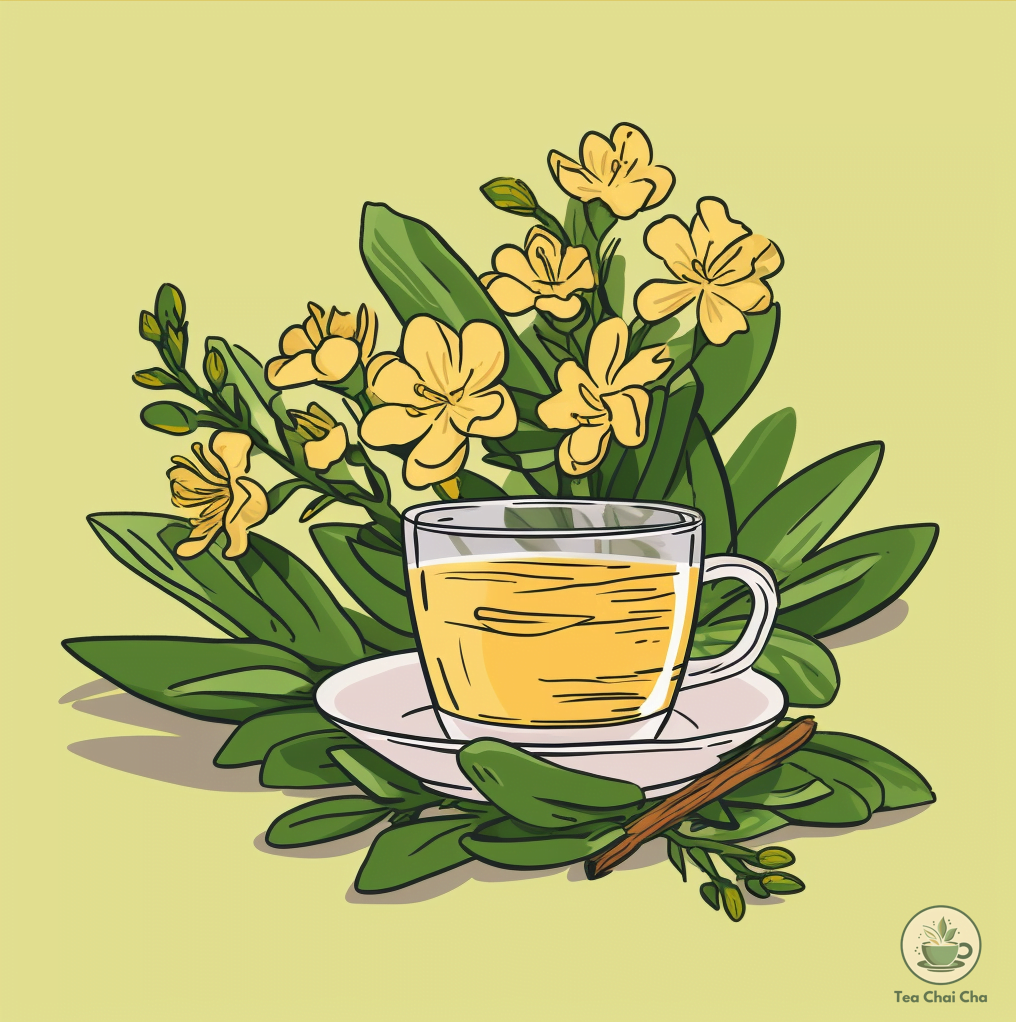
2. Senna Tea: The Natural Laxative
If your body needs a stronger push, Senna tea is the way to go. This plant-derived tea contains natural glycosides that stimulate intestinal muscle contractions, propelling waste through your system. Remember, though, it’s a powerful brew, so use it wisely!
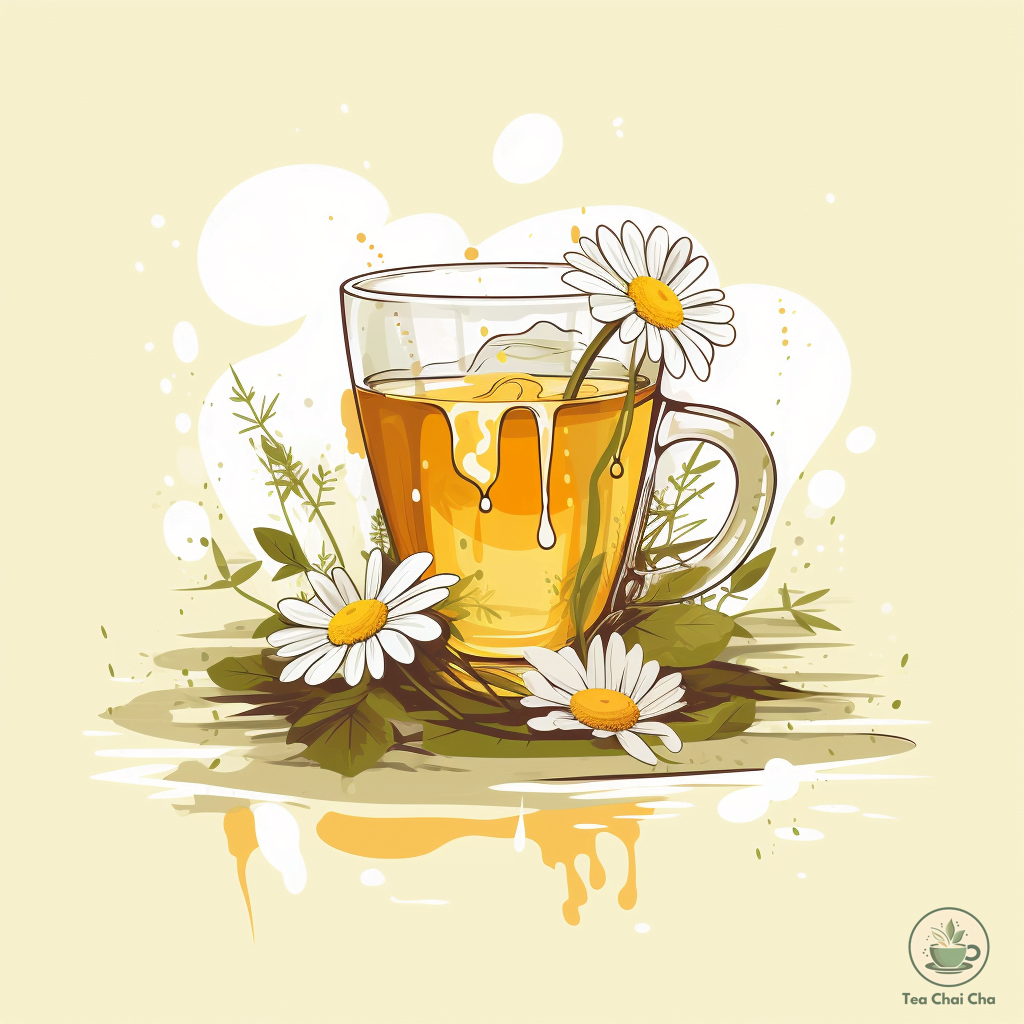
3. Chamomile Tea: Your Gentle Gut Companion
Chamomile tea, with its soothing properties and delicate flavor, can be a comforting ally against constipation. It relaxes the muscles in your gut, alleviates bloating, and gently promotes regular bowel movements.

4. Ginger Tea: A Spicy Solution for Sluggish Digestion
Renowned for its warming and anti-inflammatory properties, Ginger tea helps stimulate your digestive system, encouraging the elimination of waste products and offering relief from constipation.
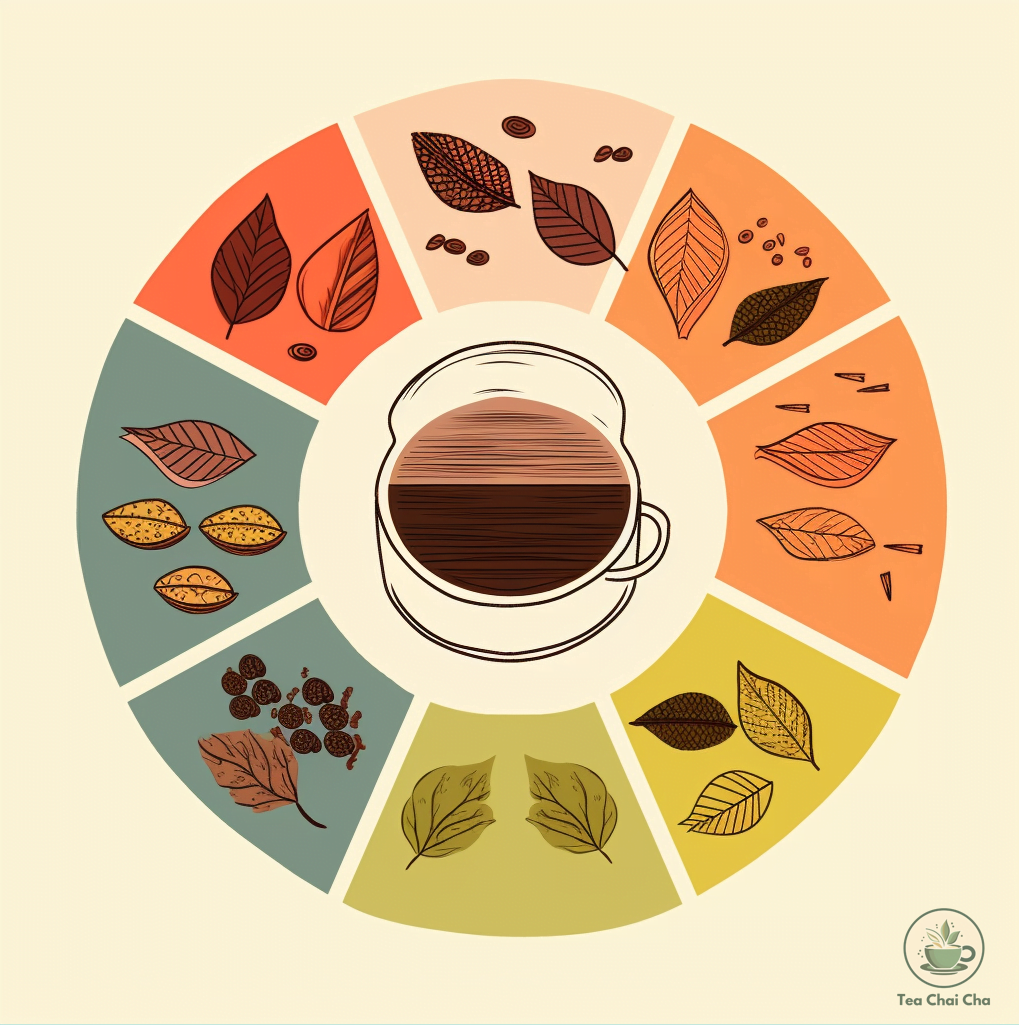
5. True Teas: Digestive Benefits of Black, Green, and White Teas
True teas, including black, green, and white teas, derived from the Camellia sinensis plant, are celebrated for their health benefits. These teas boast compounds that aid digestion and promote regular bowel movements, making them a worthwhile addition to your tea cabinet.
Also read – How to Make Green Tea Taste Good
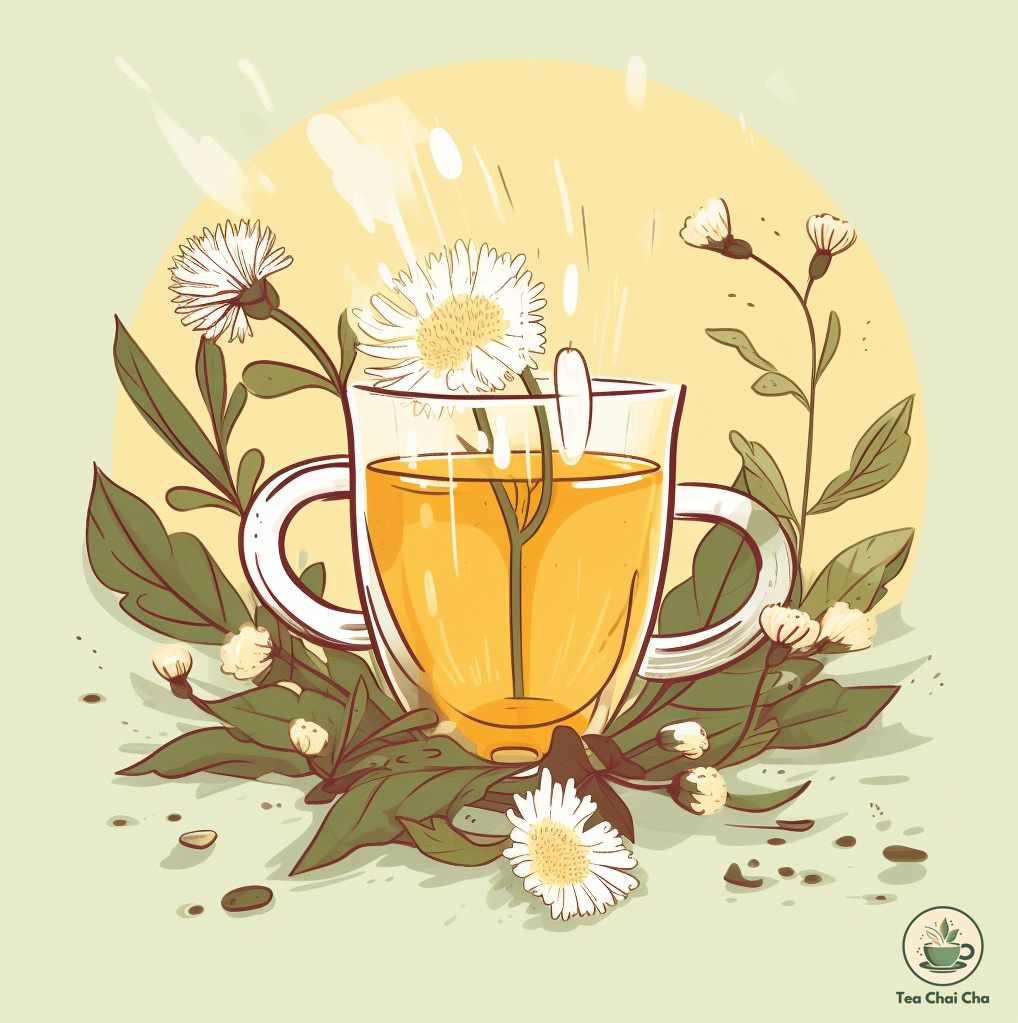
6. Dandelion Tea: A Bitter Herb with Big Benefits
While slightly bitter, Dandelion Tea is a powerful digestive tonic. This herbal brew stimulates bile production in the liver, facilitating better digestion and promoting regular bowel movements.

7. Licorice Root Tea: Sweet Comfort for Your Digestive System
Licorice Root Tea is a sweet delight that offers comforting relief to your intestines, making it a wonderful option for those seeking constipation relief through the joy of tea-drinking.
Creating Your Own Herbal Tea Blend for Constipation
Why limit yourself to one type of tea when you can enjoy the benefits of several? Blending different teas not only offers a unique taste but also combines their beneficial properties.
- Peppermint and Fennel: A mix that both stimulates and soothes the digestive tract.
- Green Tea and Senna: Combines the gentle stimulation of green tea with the powerful laxative effect of senna.
- Chamomile and Peppermint: A calming blend that relaxes your intestines and promotes digestion.
Customize the blends to suit your palate and tolerance. Brewing blended teas is as simple as combining your chosen ingredients in hot water and letting them steep for a few minutes.
How to Consume Tea for Constipation Relief
Now that we’ve explored the different teas, let’s understand how to consume them for maximum effectiveness.
Preparing Your Tea for Maximum Effect
To extract the most beneficial compounds from your tea, correct brewing is crucial. Generally, steeping a teaspoon of your chosen tea in hot water for 3-5 minutes should do the trick. However, it’s always wise to follow specific brewing instructions for each tea type for optimal benefits.
When Is the Best Time to Drink Your Tea?
Enjoying your tea about 30 minutes before or after meals can help optimize digestion without interfering with the absorption of nutrients from your food.
Dosage Guidelines for Teas with Laxative Effects
A good rule of thumb is to drink 2-3 cups of your chosen tea per day for a gentle nudge towards regular bowel movements. However, for stronger teas like Senna, limiting your intake to just one cup per day is advised.
Incorporating Tea into Your Daily Life
Tea is not just a beverage; it’s a lifestyle. Make it a part of your daily routine to enhance your digestive health. Here’s how:
- Kickstart your day with a refreshing cup of green tea.
- Savor a cup of peppermint tea after meals for digestion.
- Wind down with chamomile tea in the evening for relaxation and digestive health.
- If you choose senna tea, remember it’s best consumed before bedtime.
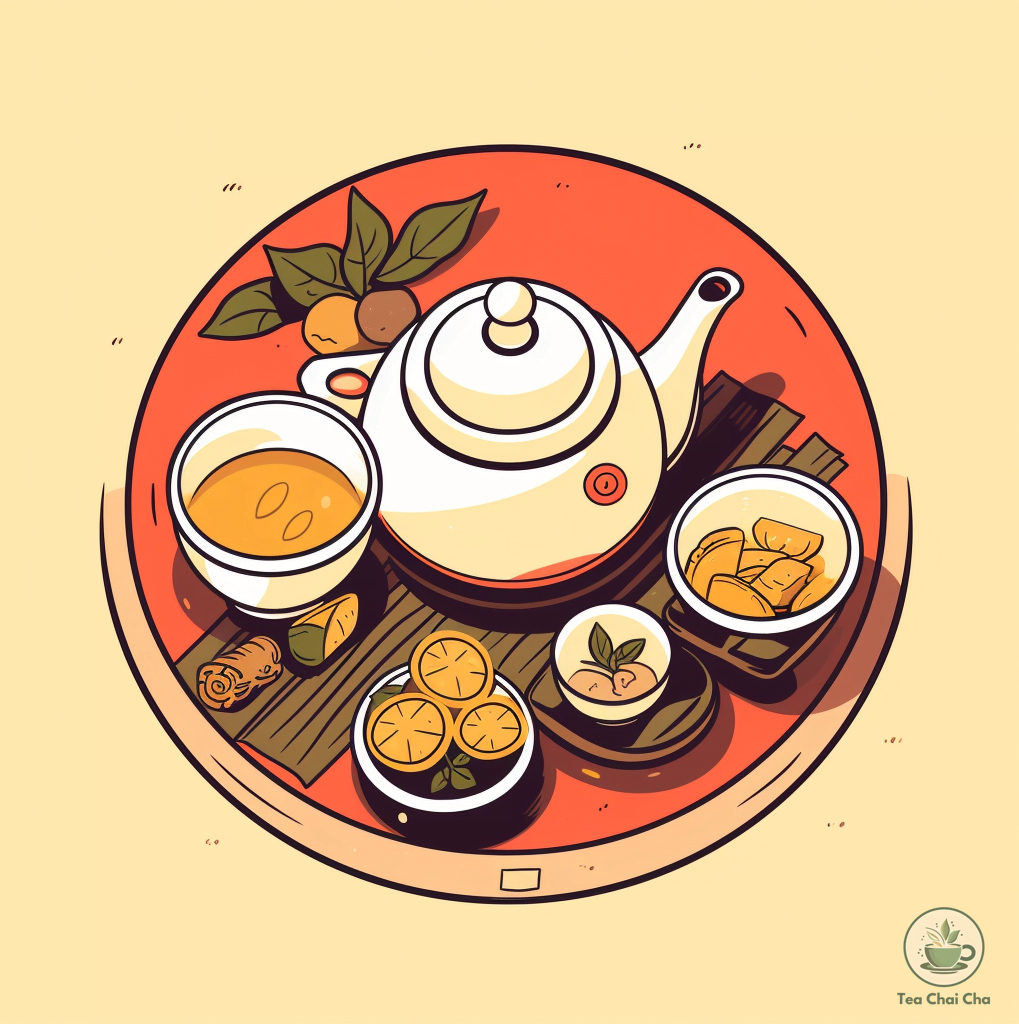
Tips and Precautions for a Safe and Effective Tea Experience
As the old saying goes, ‘Too much of a good thing can be bad.’ Moderation is crucial when it comes to using tea for constipation relief.
Balance Your Tea Intake with Water for Optimal Results
While tea can certainly help with constipation, nothing can replace good, old-fashioned water. To stay properly hydrated and encourage smooth bowel movements, balance your tea consumption with ample water intake throughout the day.
Navigating the Dos and Don’ts of Laxative Teas
Using tea as a laxative can be incredibly helpful, but it’s essential to understand the limits.
Finding Your ‘Just Right’ Amount
Every body is different, and what works perfectly for one person might be too much or too little for another. As such, it’s crucial to find your personal “Goldilocks zone” when it comes to the amount of tea you consume. Start with smaller amounts and observe your body’s reaction to find your ideal quantity.
Avoiding Over-Reliance
While the natural laxative effects of certain teas can be beneficial, over-reliance can lead to dependency. Your body may start to rely on these teas to induce bowel movements, which can disrupt your natural digestive rhythm.
Potential Risks of Overuse
Excessive consumption of laxative teas can lead to diarrhea, dehydration, and electrolyte imbalances. Always ensure you balance your tea consumption with adequate hydration and a balanced diet.
Precautions When Using Tea as a Laxative
Always consult with your healthcare provider before starting any new regimen, especially if you’re pregnant, nursing, or dealing with underlying health conditions. What’s beneficial for one person could have different effects on another.
Other Lifestyle Changes for Regular Bowel Movements
Tea is a powerful ally, but other lifestyle tweaks can give your digestion an extra boost.
Fiber-Filled Foods
An effective strategy to combat constipation is incorporating more fiber-rich foods into your diet. These include fruits, vegetables, and whole grains, which add bulk to your stool, making it easier to pass.
Keep Moving
Physical activity helps move food through the digestive system more quickly, reducing the time it takes for stool to pass and thus reducing the risk of constipation. So get moving!
Rest Up
A good night’s sleep is crucial for all aspects of health, including digestion. Lack of sleep or irregular sleep patterns can disrupt your gut function and lead to constipation.
Conclusion
Dealing with constipation isn’t pleasant, but knowing there’s a simple, enjoyable remedy like tea can bring much-needed relief. From peppermint to chamomile, ginger to senna, there’s a wide world of tea waiting to assist you on your journey to better digestive health.
Frequently Asked Questions (FAQs)
Does hot tea help constipation?
Yes, hot tea can help with constipation. The heat stimulates digestion and aids in the movement of waste through your intestines.
Is green tea best for constipation?
Green tea, a true tea, is beneficial for constipation as it promotes digestion and regular bowel movements. However, the ‘best’ tea varies based on personal preference and how your body responds.
Is milk tea good for constipation?
Milk tea isn’t typically recommended for constipation. Dairy can lead to bloating and can actually exacerbate constipation in some people.
What tea does not cause constipation?
Herbal teas like chamomile, peppermint, and ginger generally do not cause constipation. They are known to promote healthy digestion and bowel regularity.
Does tea cause constipation?
Tea generally aids in relieving constipation. However, some teas, particularly those high in caffeine, if consumed in excess, can dehydrate the body and potentially lead to constipation.

